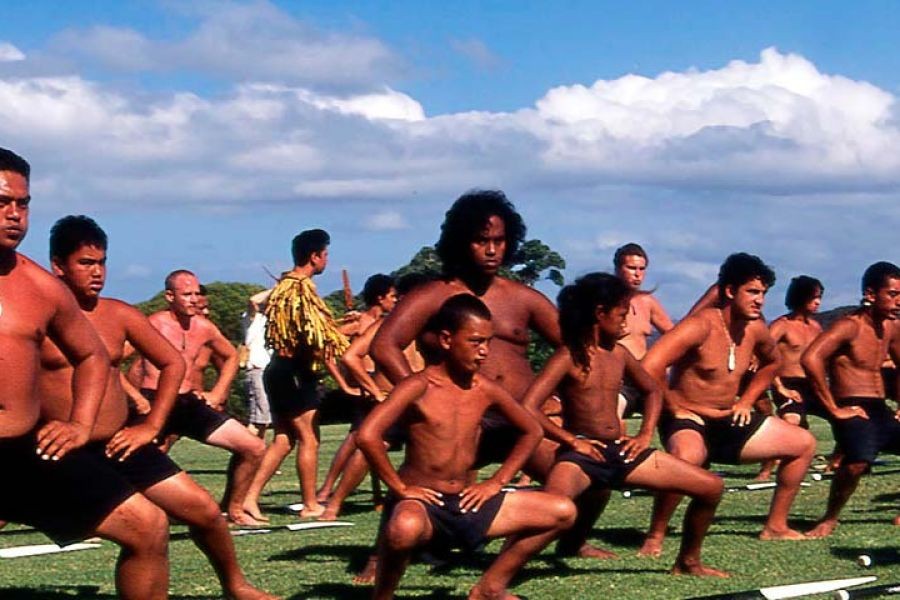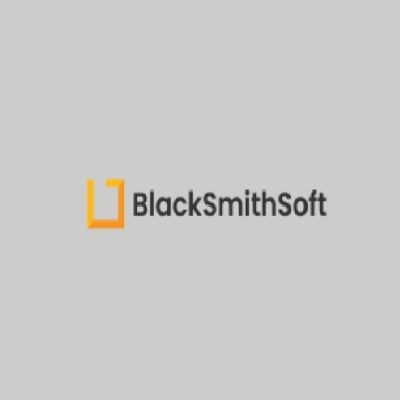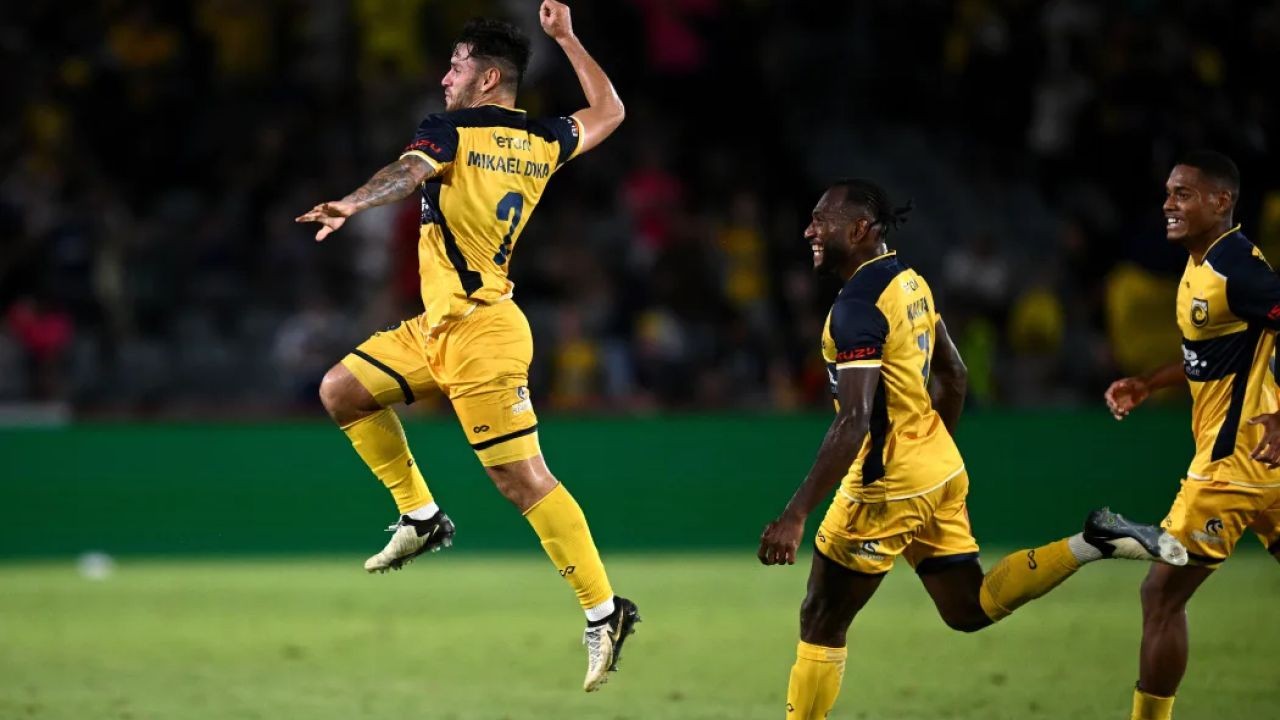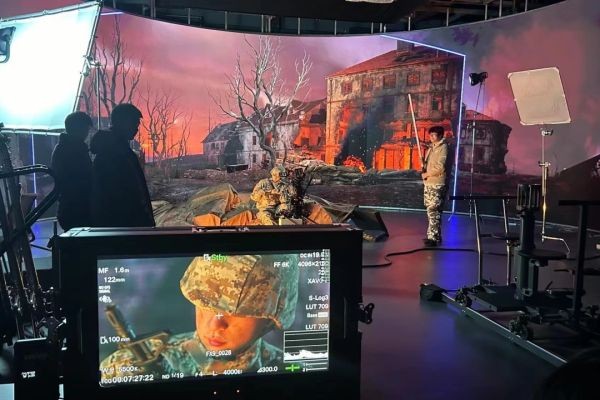In recent years, the challenge of preserving Māori culture while embracing globalization has become a focal point for New Zealand. As the world increasingly connects, the risk of cultural dilution grows, making it imperative for New Zealand to find a balance that respects its indigenous heritage while also capitalizing on global economic opportunities. This article delves into the complexities of this issue, providing insights from experts, data-driven analysis, and actionable strategies for policymakers and businesses.
Understanding the Cultural-Economic Dilemma
Globalization brings both opportunities and challenges. On one hand, it opens doors for trade and tourism, crucial contributors to New Zealand's GDP. On the other, it presents the risk of cultural homogenization. Māori culture, with its rich history and distinct traditions, is an integral part of New Zealand's identity. The question is, can it be preserved amidst the global tide?
According to Stats NZ, tourism contributed 5.5% to New Zealand's GDP in 2019, with Māori culture being a significant draw for international visitors. However, the same data reveals that the rapid expansion of global brands in local markets could overshadow indigenous businesses, potentially eroding traditional practices.
Case Study: Ngāi Tahu's Economic Empowerment
Problem: The Ngāi Tahu tribe, one of New Zealand's largest iwi, faced challenges in maintaining cultural practices while pursuing economic growth.
Action: Ngāi Tahu invested in a diverse portfolio, including tourism, property, and seafood, while ensuring that profits fund cultural education and community projects.
Result: The tribe's assets grew to over NZD 1.5 billion, with annual distributions supporting cultural revitalization.
Takeaway: Economic empowerment can coexist with cultural preservation when profits are reinvested into community and cultural initiatives.
Data-Driven Insights and Industry Trends
According to the Ministry of Business, Innovation and Employment (MBIE), New Zealand's GDP grew by 3.2% in 2022, driven largely by sectors like technology and tourism. However, there is a growing realization of the need to incorporate indigenous knowledge and practices into these sectors.
For instance, the tech industry can leverage Māori concepts like kaitiakitanga (guardianship) to promote sustainable practices. The integration of cultural values not only enriches the industry but also provides a competitive edge in global markets increasingly interested in sustainability.
Contrasting Views: Preservation vs. Progress
While some argue that globalization threatens Māori culture, others see it as an opportunity to showcase it on the world stage. This duality highlights the need for a balanced approach.
Advocate Perspective: Proponents of globalization argue that it provides platforms to share Māori culture globally, boosting tourism and international recognition.
Critic Perspective: Critics contend that this exposure can lead to commercialization, risking the dilution of cultural authenticity.
Middle Ground: Policies promoting cultural tourism and indigenous entrepreneurship can help balance preservation with progress.
Pros and Cons of Globalization for Māori Culture
Pros:
- Economic Growth: Increases in tourism and trade boost local economies.
- Cultural Awareness: Global platforms highlight Māori culture, promoting understanding and appreciation.
- Innovation: Indigenous knowledge can inspire sustainable practices in various industries.
Cons:
- Cultural Dilution: Increased exposure risks commercialization and loss of authenticity.
- Economic Inequality: Global brands could overshadow local businesses, affecting indigenous livelihoods.
- Resource Strain: Tourism, if unchecked, can lead to environmental degradation, impacting cultural sites.
Common Myths and Mistakes
Myth vs. Reality:
Myth: Globalization will inevitably lead to cultural extinction.
Reality: With the right policies, globalization can be harnessed to preserve and promote Māori culture. Initiatives like cultural tourism and indigenous entrepreneurship are proving successful.
Myth: All modern technologies are incompatible with traditional practices.
Reality: Technologies can integrate indigenous knowledge, as seen with Māori-led tech startups incorporating traditional wisdom into their business models.
Biggest Mistakes to Avoid
- Ignoring Indigenous Voices: Policies should be co-created with Māori communities to ensure cultural sensitivity and relevance.
- Over-commercialization of Culture: Maintaining authenticity is crucial to preserving cultural integrity.
- Neglecting Environmental Impacts: Sustainable practices should be a priority in industries like tourism to protect cultural sites.
Looking to the Future: Trends and Predictions
By 2030, it is predicted that Māori enterprises will play a significant role in New Zealand's economy, contributing to a more inclusive and culturally rich business landscape. This prediction is supported by trends indicating a growing consumer preference for authentic and culturally enriched experiences.
Moreover, the integration of Māori governance principles into corporate practices is expected to boost sustainability and ethical business operations, aligning with global shifts towards responsible business conduct.
Conclusion: A Path Forward
Preserving Māori culture while embracing globalization is a complex yet achievable goal for New Zealand. By fostering economic growth through culturally sensitive and inclusive policies, New Zealand can set a global example of how indigenous cultures can thrive in a globalized world.
Policymakers and businesses are encouraged to engage with Māori communities, invest in cultural education, and promote indigenous entrepreneurship. By doing so, New Zealand can ensure that its unique cultural heritage not only survives but thrives amidst globalization.
What’s your take on this cultural-economic balance? Share your insights below!
People Also Ask
How does globalization impact Māori culture in New Zealand?
Globalization offers both opportunities and challenges for Māori culture. It can increase awareness and economic opportunities but also risks cultural dilution if not managed carefully.
What strategies are effective in preserving Māori culture?
Effective strategies include cultural tourism, indigenous entrepreneurship, and integrating Māori governance principles in business practices.
How can businesses incorporate Māori culture responsibly?
Businesses can incorporate Māori culture by engaging with indigenous communities, respecting cultural practices, and promoting sustainable and ethical business practices.
Related Search Queries
- Impact of globalization on indigenous cultures
- Māori entrepreneurship in New Zealand
- Cultural tourism benefits and challenges
- Preserving cultural heritage in a globalized world
- Māori culture and sustainable business practices



























ITAS Tours
9 months ago